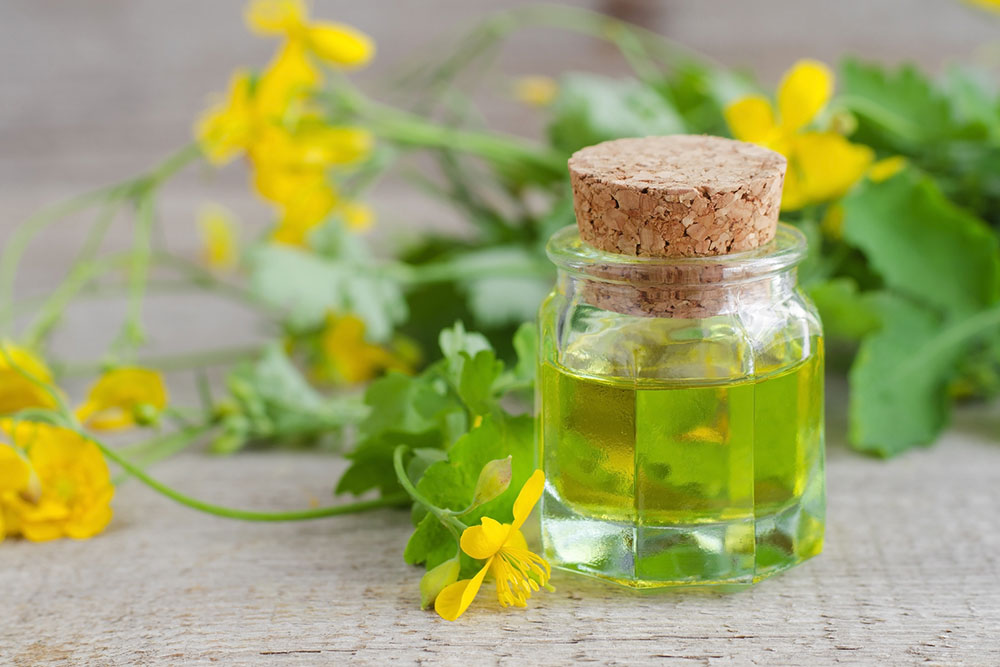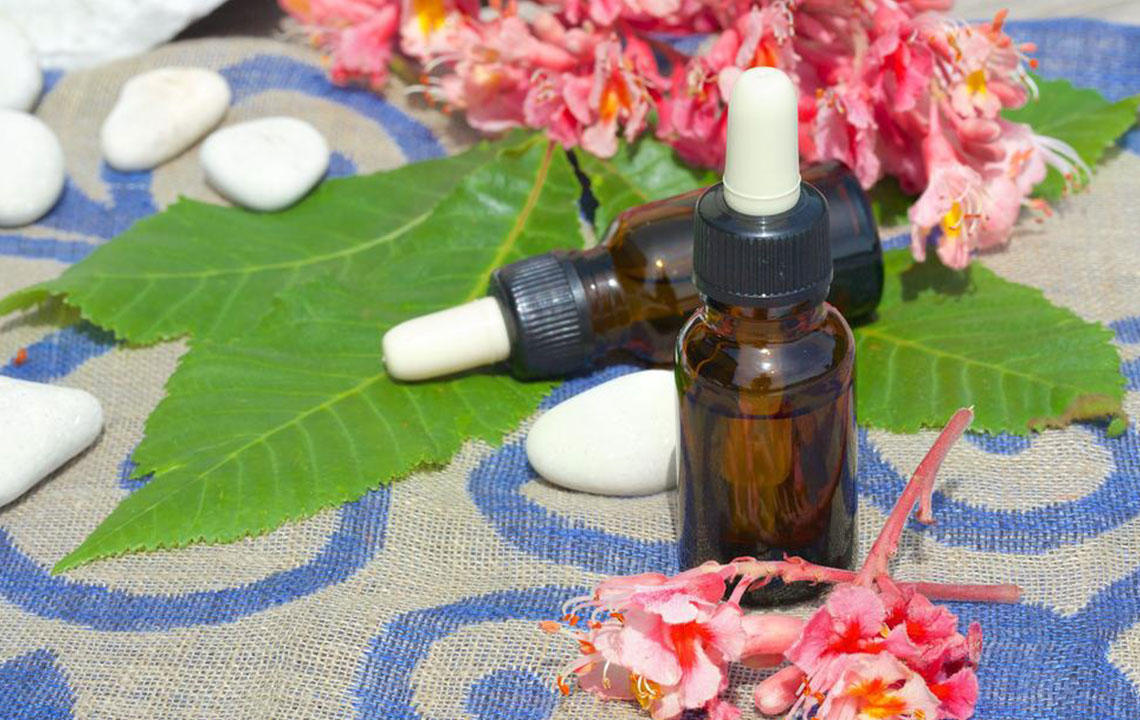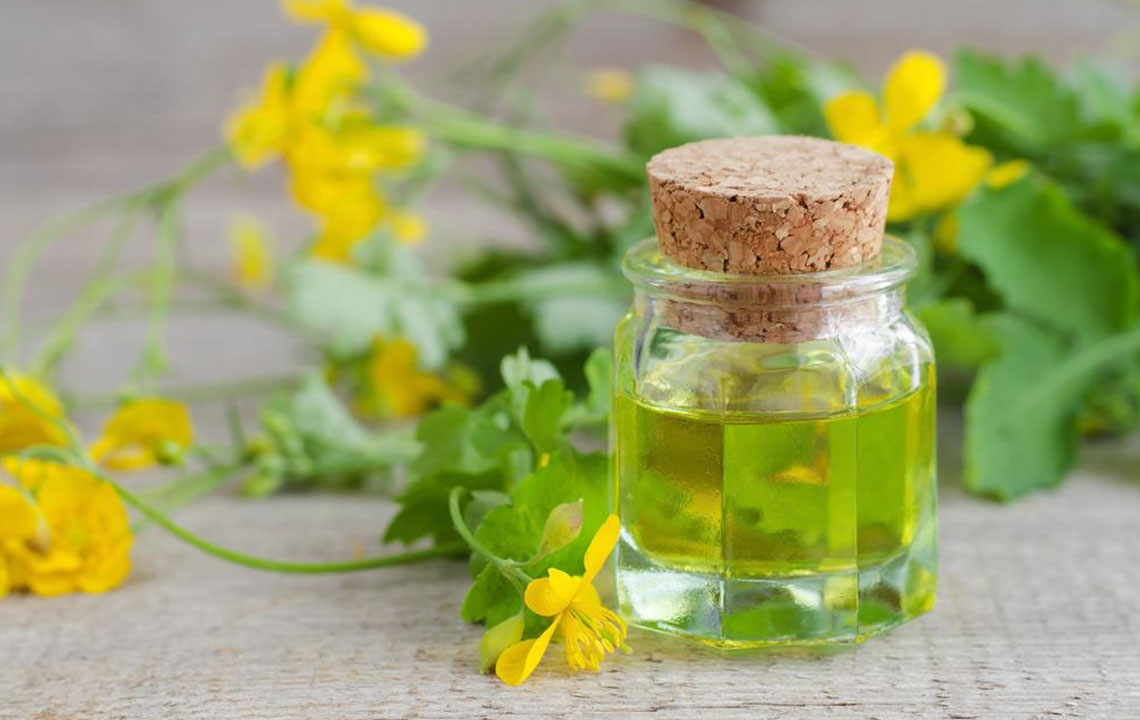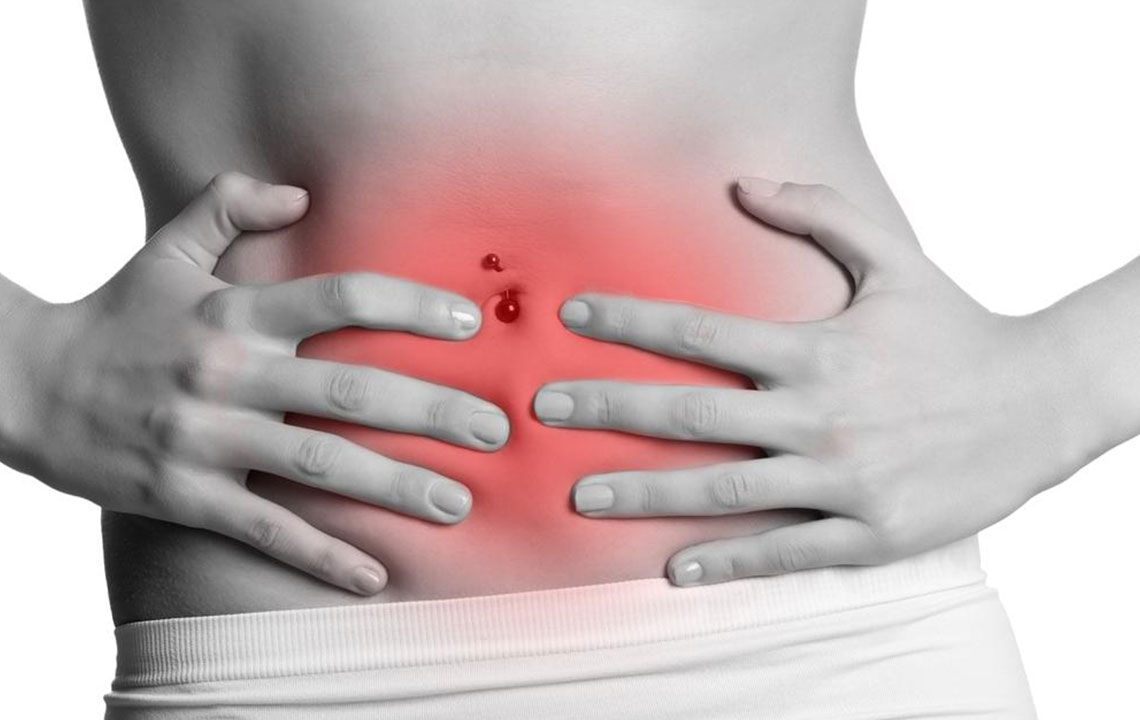Comprehensive Natural Remedies for Hemorrhoid Relief and Management
This comprehensive article explores effective natural remedies for hemorrhoid relief, including sitz baths, witch hazel, apple cider vinegar, psyllium husk, and aloe vera. It emphasizes the importance of professional diagnosis, lifestyle adjustments, and hygiene in managing hemorrhoids. Suitable for individuals seeking drug-free solutions, the guide provides practical tips to alleviate discomfort, reduce inflammation, and promote healing. Natural remedies, combined with healthy habits, can significantly improve quality of life for hemorrhoid sufferers, making this a valuable resource for effective management.

Effective Natural Approaches to Alleviate Hemorrhoids
Hemorrhoids are a common condition that many individuals experience, characterized by swollen veins in the rectal and anal areas that can cause discomfort, pain, and bleeding. Although there are various medical treatments available, many people prefer to utilize natural home remedies to alleviate symptoms and promote healing. Understanding these methods can empower sufferers to manage their condition effectively while avoiding unnecessary medication or invasive procedures. This detailed guide explores several natural remedies, their mechanisms, and practical tips to achieve relief safely.
Hemorrhoids develop when veins around the anus or lower rectum become inflamed or swollen, often due to increased pressure, straining during bowel movements, pregnancy, obesity, or chronic constipation. These swollen vessels can sometimes develop blood clots, leading to more intense pain and complications. Fortunately, many natural therapies focus on reducing inflammation, easing pain, and improving bowel health. However, it is crucial to recognize when professional medical intervention is necessary, especially in cases of persistent bleeding, severe pain, or suspected complications.
Before embarking on natural remedies, consult with a healthcare provider to ensure accurate diagnosis and to rule out other potential conditions that may mimic hemorrhoid symptoms. While many remedies are generally safe, individual health factors may influence their suitability. When used correctly, these natural solutions can significantly ease discomfort, reduce swelling, and support healing processes. Here are some proven and widely recommended options:
Sitz Baths
One of the simplest yet most effective natural remedies, sitz baths involve soaking the affected area in warm water. This method helps relax the anal muscles, promotes blood flow, and reduces swelling. For optimal benefits, sit in a warm bath for 15-20 minutes after each bowel movement, or at least 2-3 times daily. You can enhance the experience by adding soothing ingredients like Epsom salts or herbal infusions such as chamomile. To increase convenience, consider installing a sitz bath attachment on your toilet, which allows easy access and consistent use. Regular sitz baths can significantly diminish pain, itching, and inflammation associated with hemorrhoids.
Witch Hazel
Witch hazel is a natural astringent and anti-inflammatory agent derived from the witch hazel plant. Many clinicians recommend it for managing hemorrhoid symptoms thanks to its ability to constrict blood vessels and soothe inflamed tissues. It can be applied topically in the form of pads, compresses, or gels for targeted relief. Applying witch hazel directly to the affected area helps diminish itching, swelling, and bleeding, accelerating the healing process. Ensure the product used is pure and free from alcohol or synthetic additives to avoid irritation.
Apple Cider Vinegar
Apple cider vinegar (ACV) has antimicrobial and anti-inflammatory properties, making it a popular natural remedy for hemorrhoids. When used carefully, ACV can lessen pain and itching, and help shrink swollen veins. To use, dilute one to two teaspoons of ACV in a glass of water and apply it gently to external hemorrhoids using a cotton ball. Avoid applying undiluted vinegar directly to the delicate anal skin, as this might cause burns or irritation. Moderation and proper dilution are key, and consulting a healthcare provider beforehand is advised, especially for persistent or severe symptoms.
Psyllium Husk
As a soluble fiber supplement, psyllium husk aids in softening stool and facilitating easier bowel movements. It is ideal for individuals with constipation-related hemorrhoids. To maximize benefits, mix the recommended dose into water or juice and consume immediately, ensuring you drink plenty of additional fluids to prevent dehydration. Regular intake can reduce straining during defecation, thereby lessening pressure on the affected veins. While psyllium isn’t a cure, it plays a vital role in ongoing hemorrhoid management when combined with dietary and lifestyle modifications.
Aloe Vera
Aloe vera is renowned for its soothing, cooling, and healing properties. Applying pure aloe vera gel directly to the hemorrhoid area can impart relief, reduce inflammation, and facilitate tissue repair. Its natural compounds help calm irritated skin and improve overall comfort. When selecting aloe vera products, ensure they are free from additives or preservatives. Regular application during flare-ups can diminish discomfort and promote healing, making aloe vera a staple natural remedy for hemorrhoid sufferers.
In addition to these natural remedies, maintaining good hygiene, staying hydrated, and adopting a high-fiber diet are crucial for preventing hemorrhoid flare-ups. Lifestyle adjustments such as exercising regularly, avoiding prolonged sitting, and refraining from straining during bowel movements also significantly contribute to managing the condition effectively. While natural therapies offer relief for mild to moderate hemorrhoids, persistent or worsening symptoms should prompt consultation with a healthcare professional, preferably a colorectal specialist, to explore other treatment options.
In conclusion, a combination of natural remedies and healthy lifestyle choices can provide substantial relief from hemorrhoids without immediate recourse to medication or surgical procedures. By understanding and applying these methods properly, individuals can manage their symptoms effectively, improve their quality of life, and potentially prevent future episodes. Always seek medical advice if in doubt, and remember that natural therapies work best when complemented by good hygiene and dietary practices.





